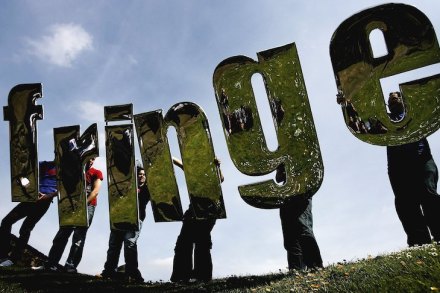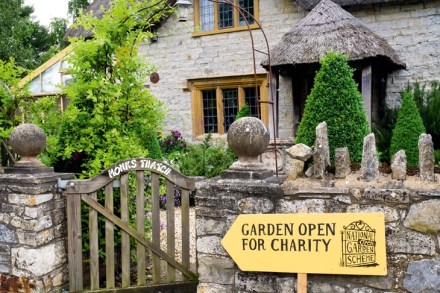The problem with Edinburgh
Edinburgh. Why do comics do it? We almost invariably lose money. Even if you don’t pay for your venue, the cost of accommodation is astronomical — I’ve met Edinburgh natives who pay their annual mortgage with the rent for August. You could conceptualise it as a loss-leader; but there are 1,333 comedy shows this year, and a loss-leader that can’t lead to anything is just a loss. Yet comics still go up. Partly because, for three weeks, there’s the thrill of having a real job: instead of travelling for gigs, you’re at the same place at the same time every day. Partly because comedy is a serious business in Edinburgh:





















